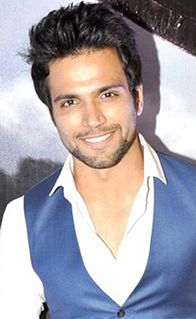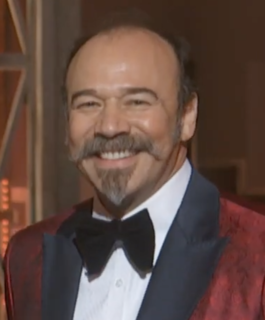A Quote by Katy Perry
I don't want to be above my audience; I want to be one with my audience.
Related Quotes
...You believe that the kind of story you want to tell might be best received by the science fiction and fantasy audience. I hope you're right, because in many ways this is the best audience in the world to write for. They're open-minded and intelligent. They want to think as well as feel, understand as well as dream. Above all, they want to be led into places that no one has ever visited before. It's a privilege to tell stories to these readers, and an honour when they applaud the tale you tell.
As an actor, you should always keep your trump card hidden from your audience. I want the audience to keep expecting more and more from me. I want to do 'different' work - good and memorable roles - so that audience appreciate me more. That's why I love to surprise my audience with something they never expect me to do.
You want the audience to get your movie, and you want the audience to like it. It's as simple as that. If they don't understand what you're trying to say, you've failed. Of course, you can't get 100 percent of the crowd to understand the movie, but you know when you've reached the people you want to reach.



































